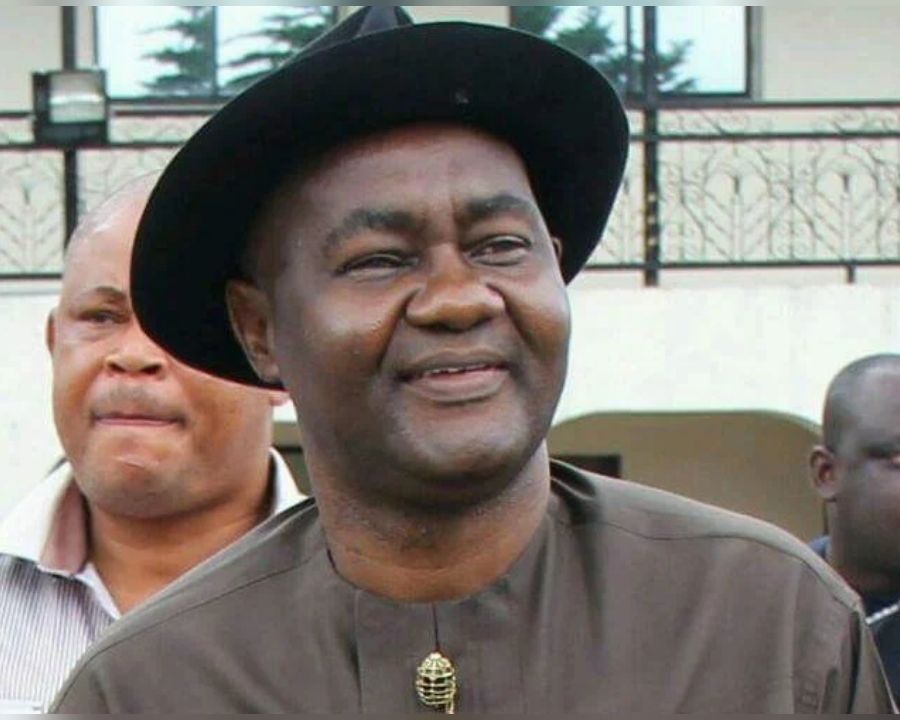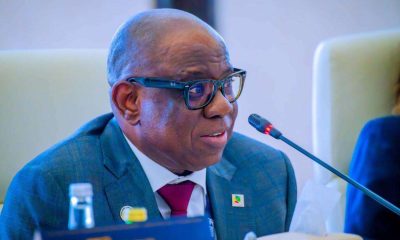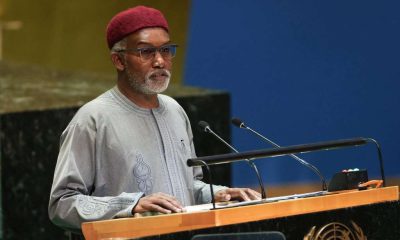Business
Fresh $24bn loan request May push Nigeria’s public debt to N183trn

Nigeria’s public debt is set for a significant increase as President Bola Tinubu has formally requested approval from the National Assembly to secure fresh foreign loans totaling approximately $24.14 billion.
At the current official exchange rate of ₦1,583.74/$1, the proposed borrowing could add about ₦38.24 trillion to Nigeria’s existing debt profile, potentially pushing the total public debt from ₦144.67 trillion at the end of 2024 to over ₦182.91 trillion by 2026.
The new loan request comprises $21.54 billion, €2.19 billion, and ¥15 billion. Converted using prevailing market exchange rates — €1 to $1.1381 and ¥1 to $0.0068 — the euro and yen components are equivalent to roughly $2.5 billion and $102 million respectively, bringing the total to $24.14 billion.
At an official exchange rate of ₦1,583.7388/$1, the total loan translates to approximately ₦38.24 trillion in naira terms.
Data from the Debt Management Office (DMO) showed that as of December 31, 2024, Nigeria’s total public debt stood at ₦144.67 trillion — a 48.58% increase from ₦97.34 trillion in 2023. This surge was driven by heightened borrowing and the sharp depreciation of the naira against major international currencies.
The weakening naira significantly inflated the naira-equivalent of Nigeria’s external debt, which rose from ₦38.22 trillion ($42.5 billion) in December 2023 to ₦70.29 trillion ($45.78 billion) by the end of 2024 — an 83.89% jump.
Domestic debt also grew, climbing from ₦59.12 trillion to ₦74.38 trillion during the same period — a 25.77% rise. The Federal Government was responsible for ₦70.41 trillion of this debt, up from ₦53.26 trillion. Conversely, subnational borrowings dropped, with debt owed by state governments and the FCT declining from ₦5.86 trillion to ₦3.97 trillion.
If approved, the new borrowing will increase Nigeria’s external debt from $45.78 billion to approximately $69.92 billion — a 52.7% rise. In naira terms, this would lift the external debt portion of Nigeria’s total debt stock to over ₦108 trillion.
Economic experts have raised concerns over the sustainability of Nigeria’s rising debt burden. Speaking on the development, Johnson Chukwu, Group CEO of Cowry Assets Management Limited, cautioned against unchecked borrowing without transparency and measurable outcomes.
According to Chukwu, “The most important thing is what the money is being used for. That’s what Nigerians will be focused on.”
He noted that while borrowing is not inherently negative, its value lies in prudent deployment. “If borrowed funds are invested in assets that generate returns higher than the cost of the loans, then the borrowing is justified,” he said. “But if not, then we are only mortgaging the country’s future.”












